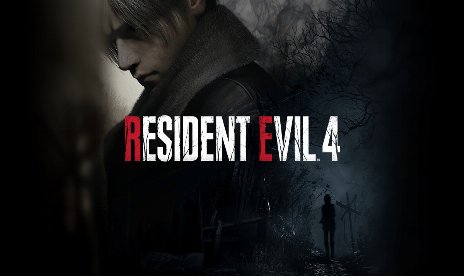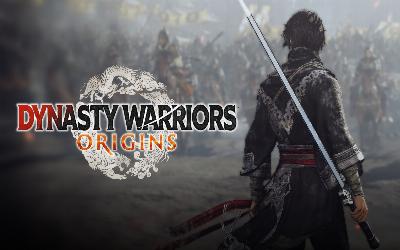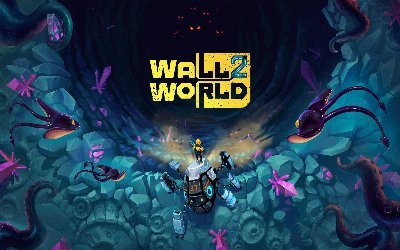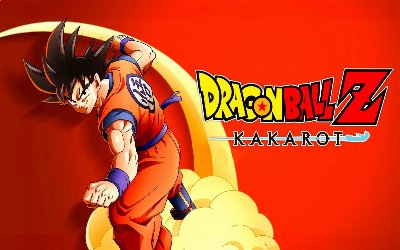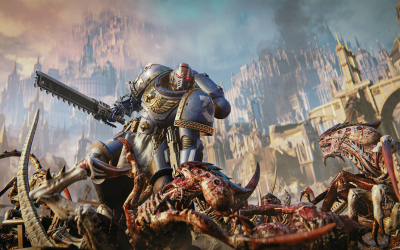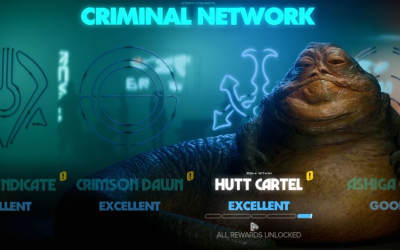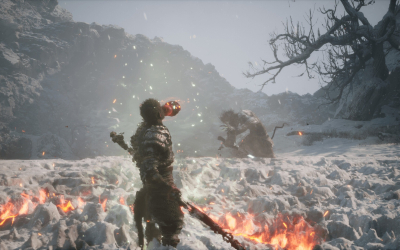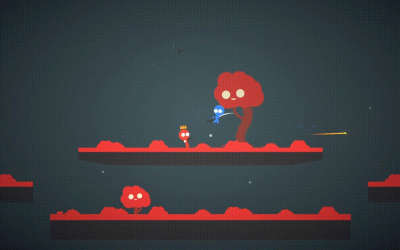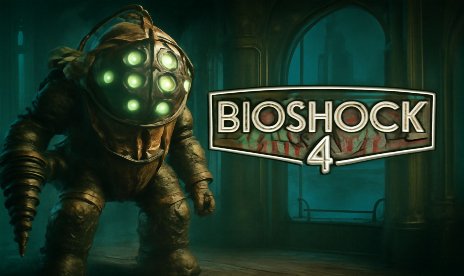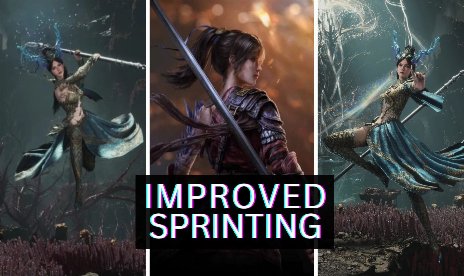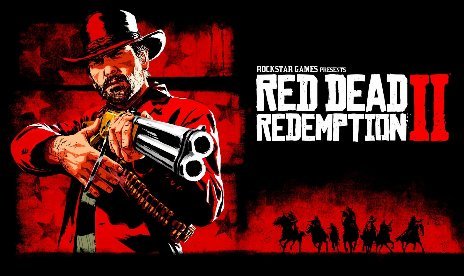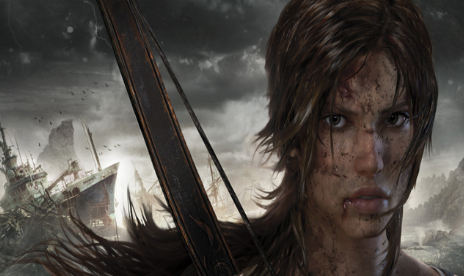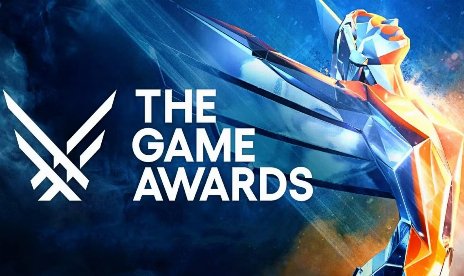Key Points at a Glance
- EA sold for $55 billion to Saudi Arabia’s PIF, Silver Lake, and Affinity Partners.
- The deal covers EA Sports titles like Madden NFL and EA Sports FC, as well as flagship franchises like Battlefield, Apex Legends, Mass Effect, and The Sims.
- Critics raise concerns about foreign state influence in the gaming industry.
- Fans question whether EA’s already monetization-heavy model could intensify.
- The sale highlights the trend of mega consolidation in gaming.
The Changing Face of EA
For decades, EA has been both admired and criticized. On one side, it shaped sports gaming with Madden and FIFA (now EA Sports FC), while building blockbuster IPs like Mass Effect, Dragon Age, and Battlefield. On the other, it became infamous for loot boxes, microtransactions, and the so-called “EA Tax” which made many players feel that monetization outweighed creativity.
Now, with Saudi Arabia’s PIF taking a leading role, that legacy may tilt further. The fund has already made aggressive investments in gaming, esports, and entertainment, signaling a broader ambition: not just to buy in, but to reshape the cultural landscape. For gamers, the question is whether EA’s future will be defined by bigger budgets and more polished products or by deeper monetization and political undertones.
What Gamers Should Expect
It is too early to predict how hands-on the new ownership will be, but there are a few likely scenarios:
- EA Sports Tightens Its Grip: Madden and EA Sports FC will continue to dominate, with potential expansions into more live-service elements and esports investments.
- Blockbusters Under Pressure: Battlefield and Apex Legends will need to prove their staying power, especially as competition from Call of Duty and Fortnite remains fierce.
- RPG Fans Left Guessing: Bioware’s upcoming Dragon Age: Dreadwolf and Mass Effect sequel may now face even stronger corporate oversight. Will innovation win, or will risk-averse strategies prevail?
- Global Gaming Politics: With foreign state-backed ownership, EA joins the growing list of publishers where geopolitics meet game design.
Die Quintessenz
Gamers have long said EA puts profit before players. This deal does not calm that fear, it amplifies it. A $55 billion buyout signals ambition on a massive scale, but it also introduces a new layer of control that could steer EA’s culture even further from player-first values.
Will we see the best EA ever, flush with resources and willing to take creative risks? Or will this be the final nail in the coffin for those hoping for a player-friendly EA revival? For now, the future of Madden, Mass Effect, The Sims, and Apex rests in the hands of investors who do not just see games as entertainment, but as global influence.
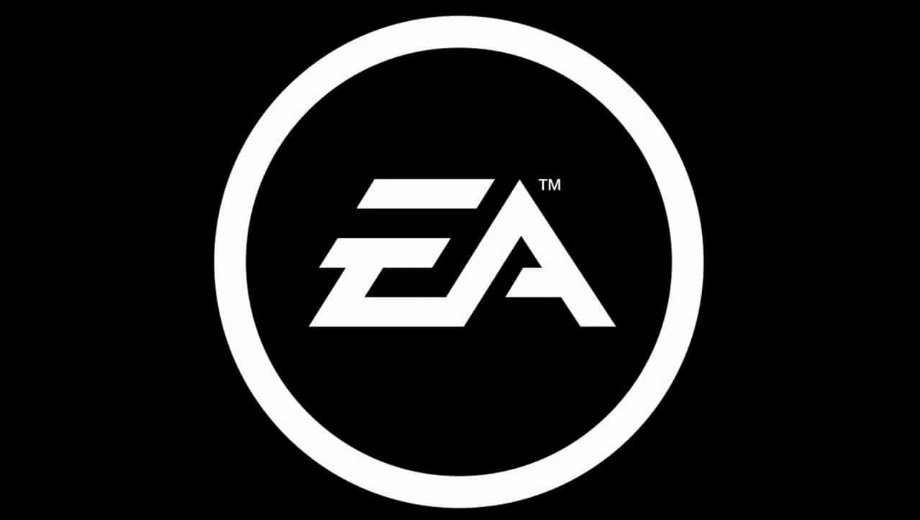

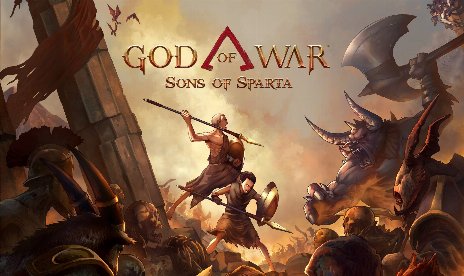
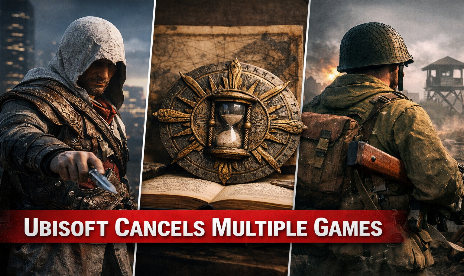
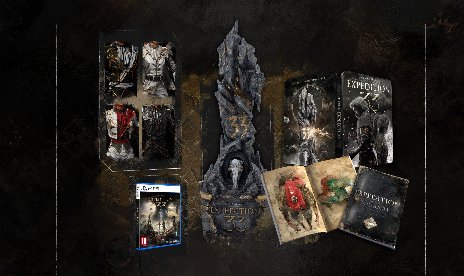
![Dynasty Warriors: Origins v1.0+ (+37 Trainer) [FLiNG]](https://9588947a.delivery.rocketcdn.me/wp-content/uploads/2026/02/Dynasty-Warriors-Origins-01-464x276.jpg)

![Dragon Ball Z: Kakarot v1.03-v2.30+ (+32 Trainer) [FLiNG]](https://9588947a.delivery.rocketcdn.me/wp-content/uploads/2026/02/Dragon-Ball-Z-Kakarot-01-464x276.jpg)

